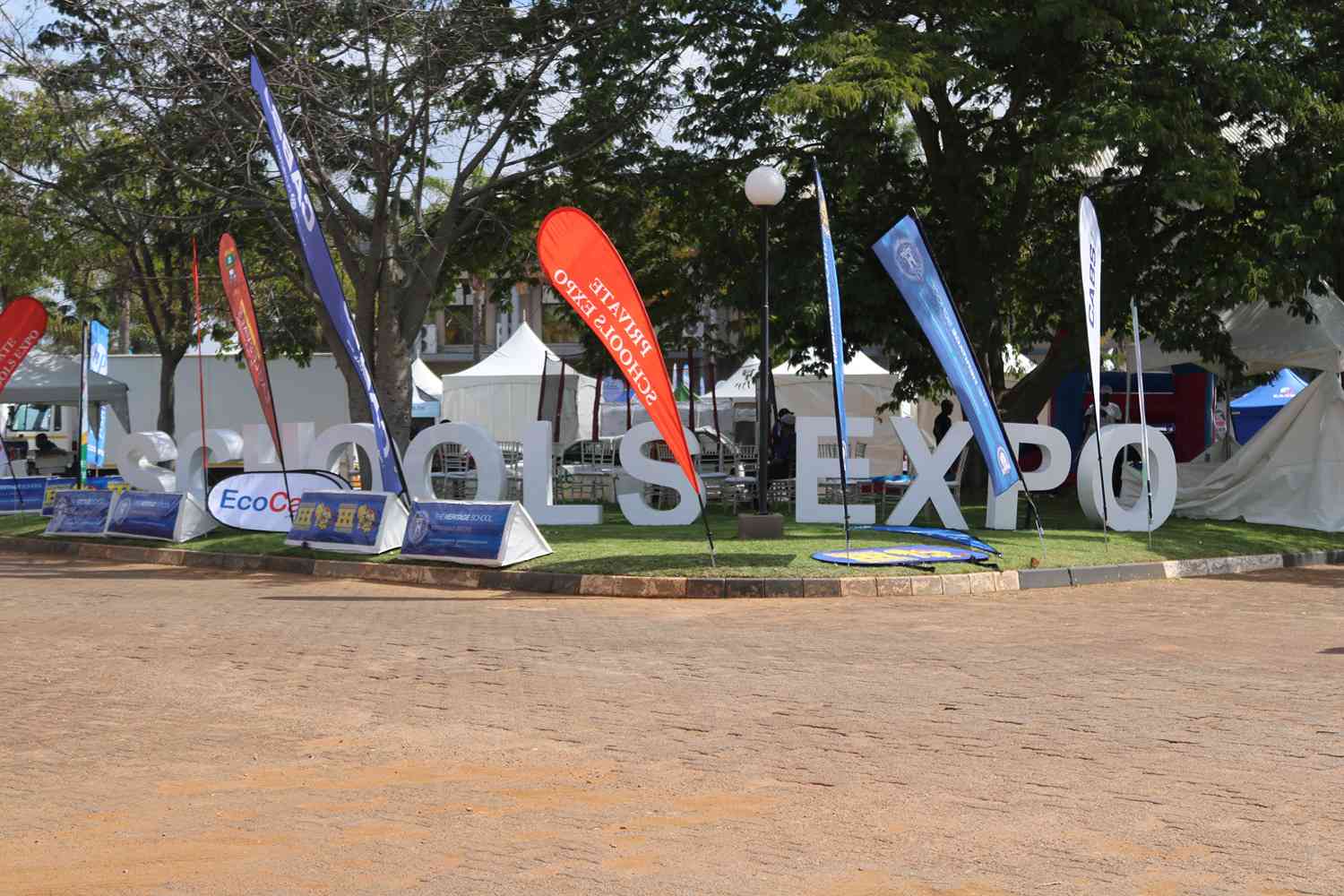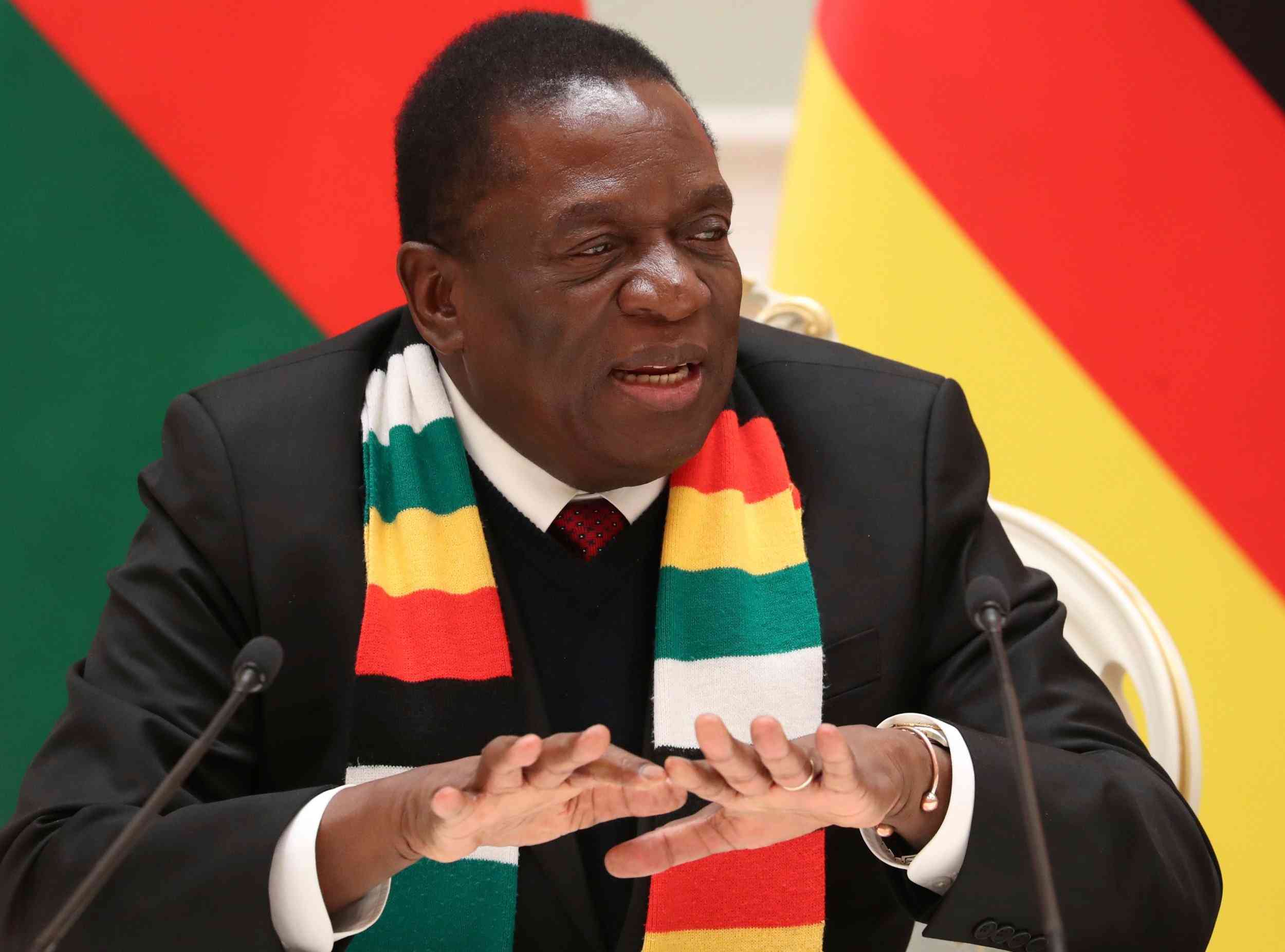
“We found a baby strapped spread-eagle to a plastic board, on a counter top across the room. He was struggling against his restraints — tugging, whimpering, and then crying helplessly . . . his foreskin pinched and crushed as the doctor attached the clamp to his penis.
BY PHYLLIS MBANJE
The shriek intensified when the doctor inserted an instrument between the foreskin and the glans [head of the penis], tearing the two structures apart. The baby started shaking his head back and forth — the only part of his body free to move — as the doctor used another clamp to crush the foreskin lengthwise, which he then cut.
This made the opening of the foreskin large enough to insert a circumcision instrument, the device used to protect the glans from being severed during the surgery. The baby began to gasp and choke, breathless from his shrill continuous screams. . . . During the next stage of the surgery, the doctor crushed the foreskin against the circumcision instrument and then, finally, amputated it. The baby was limp, exhausted, spent.”
This shocking observation was made by Marilyn Milos, a medical student who witnessed a circumcision during her training in a nursing school in Europe a few years ago. She was part of some students that were conducting research on the infant’s response to pain during circumcision.
Most surgeons do not recommend the use of anaesthesia in infants, for fear of adverse after effects.
It is because of scenarios like the one described by Milos that the subject of infant circumcision has not been fully embraced in most countries, including Zimbabwe.
Although the procedure was adopted in Zimbabwe in 2009, not many people have taken their babies to have them circumcised. It has mainly remained a preserve of the Shangani tribe of the Lowveld, where they are initiated into adulthood through circumcision.
Reports that the Health ministry would make neonatal circumcision mandatory has also raised serious concerns.
But National Male Circumcision Coordinator in the Ministry of Health and Child Welfare, Sinokuthemba Xaba said male circumcision in Zimbabwe remained a voluntary procedure for adult males, neonates and infants.
“Those who are below 18 years have to have a consent form that is signed by a parent or legal guardian to allow them to go through with the procedure,” said Xaba. “In this regard, the programme remains voluntary and when the Health ministry rolls out Early Infant Male Circumcision, it will still be voluntary, where the parent volunteers and signs the consent form to allow the male child to be circumcised.”
Xaba said there was a study that was being done to ascertain the safety of infant circumcision.
“It is focusing on the safety, feasibility and acceptability of early infant male circumcision,” said Xaba.
“The programme will only be availed and rolled out, based on the findings of this study. Therefore, when it is available, it will be a safe procedure for the infants.”
Last week most members of the public were sceptical of neonatal circumcision. While others openly shot down the method saying it was against the rights of a child to perform a procedure which might have irreversible damage.
Some health experts say the benefits of male circumcision included improved hygiene — it helps to prevent cancer of the penis and reduces chances of contracting sexually transmitted infections (STIs) including HIV and Aids.
Douglas Jekero, a primary school teacher in Harare’s Kuwadzana High density suburb said it was inhuman to “cut” up little babies. “For me this exercise should be a decision which an individual makes. It is too gory to even consider. What if something goes wrong and that child is maimed? Who will take responsibility for that?” he questioned.
However, some supported the idea.
“The older you get the more you become more fearful, so it is better to do it when you are just a baby,” said a lower six pupil from Allan Wilson, James Nhakayedu.
Some women said child circumcision was an opportunity to take control of their children’s destiny and shape it into a brighter future. “It is all for their benefit, so I do not see where the issue of rights is coming from,” said Memory Mhishi, a shop assistant in a clothing boutique along First street.
But David Wilson, an American, has been campaigning against infant circumcision for the past 20 years, insisting that it violated children’s rights.
Wilson has formed an organisation called Stop Infant Circumcision Society.
The society has held many protest marches with the most memorable being when members of his society marched to the White House wearing blood stained clothes.
Another article published in the international medical journal, The Lancet reported that the effect of infant circumcision pain was irreversible in most cases.
In their report which received much publicity, the researchers noted that neonatal circumcision may induce long-lasting changes in infant pain behaviour because of alterations in the infant’s central neural processing of painful stimuli.
Other negatives of neonatal circumcision include bleeding, wound infection, scarring, and complications of general and local anaesthesia.
Poor surgical skills have led to cases of traumatic injury to the male organ or death.
Last month, people looking to make a quick buck, allegedly “hijacked” the traditional male circumcision rituals that killed 36 boys over nine days in South Africa.
“Over the years, this century-old culture has been slowly corrupted and eroded to give way to commercial interests,” South Africa’s Health minister, Aaron Motsoaledi told MPs during a debate about the alarming number of deaths among boys.
Reports say at least 36 young boys died from hypothermia and haemorrhaging over a period of nine days during the annual winter school recesses, from May 7 to July 7, when many boys undergo circumcision to mark the passage into manhood.
At least 28 boys have died at registered initiation schools in the Mpumalanga province during the circumcision season.











